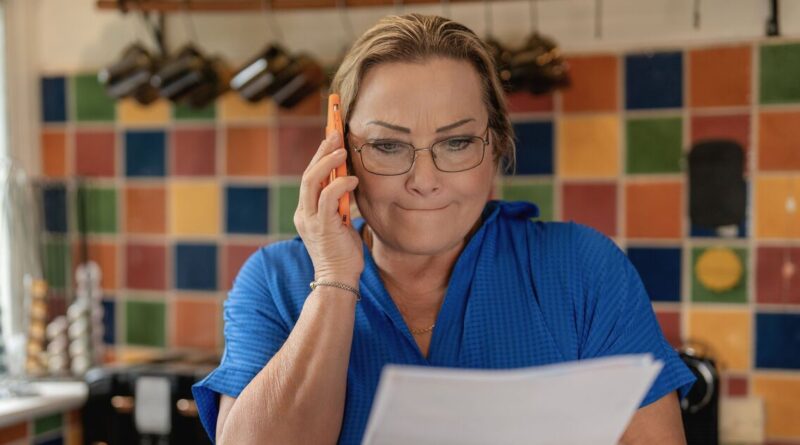State pension age warning as over 1.1m Brits face hefty tax blow | Personal Finance | Finance
More than 1.1 million people over the state pension age could be hit with an unwanted tax bill, experts have warned. Savers are facing taxes on the interest earned on their savings. According to HM Revenue and Customs figures, around 1,160,000 people can expect to pay tax on income earned from their savings in 2025 and 2026. The figures were obtained by investment platform AJ Bell.
They show the figure to jump significantly in the last few years, growing from 493,000 in 2022-23, to 953,000 in 2023-24, and 1,090,000 in 2024-25. 2,640,000 taxpayers are expected to pay income tax on cash savings interest earned in this financial year. The investment firm says that people of state pension age or over account for around half of this figure. “Most people have a personal savings allowance – £500 or £1,000 for higher and basic rate taxpayers respectively – which offers some protection from the taxman’s clutches,” said Charlene Young, senior pensions and savings expert at AJ Bell.
“Likewise, Isas and pensions are the perfect way to shield your savings and investments and maximise your returns.” So, people should move their savings to ISAs to avoid paying tax they could avoid.
However, there has been speculation that the allowance for the limit on Cash ISAs, which allows people to save a certain amount without paying tax on interest earned, will be reduced by the Chancellor. It is currently £20,000 per year, but there is speculation that this will be slashed to encourage people to invest their money to give a boost to the UK economy.
Young added: “In retirement it is common to hold a little more cash. People often want to de-risk some of their investments and those with a good handle on their spending needs might look to build a cash flow ladder, or funnel, to match what they’ve got planned for the next few years.
“With an immediate need to take income from assets, it is natural to focus a little more on capital preservation, meaning cash becomes an increasingly useful tool, despite the risks from inflation over the long term.
“Unfortunately, that appears to be leading to a large number of pensioners suffering a tax bill on their cash savings, with increasing numbers being dragged into higher tax bands too.”
She continued: “You’ll pay income tax on withdrawals above your tax-free cash allowance and, once it’s outside a pension, you may be subject to capital gains or dividend tax if you invest it elsewhere. If you park the money in cash you may find yourself with an added income tax bill – joining more than one million pensioners with a tax liability on cash savings.
“Second, if you want to hold cash as part of your investment strategy, you can do so within a pension. You don’t have to hold the money in the bank. Your provider may offer a relatively attractive rate of interest on cash held in a pension, or you could hold investment products that are comparable to cash, such as money market funds.”





